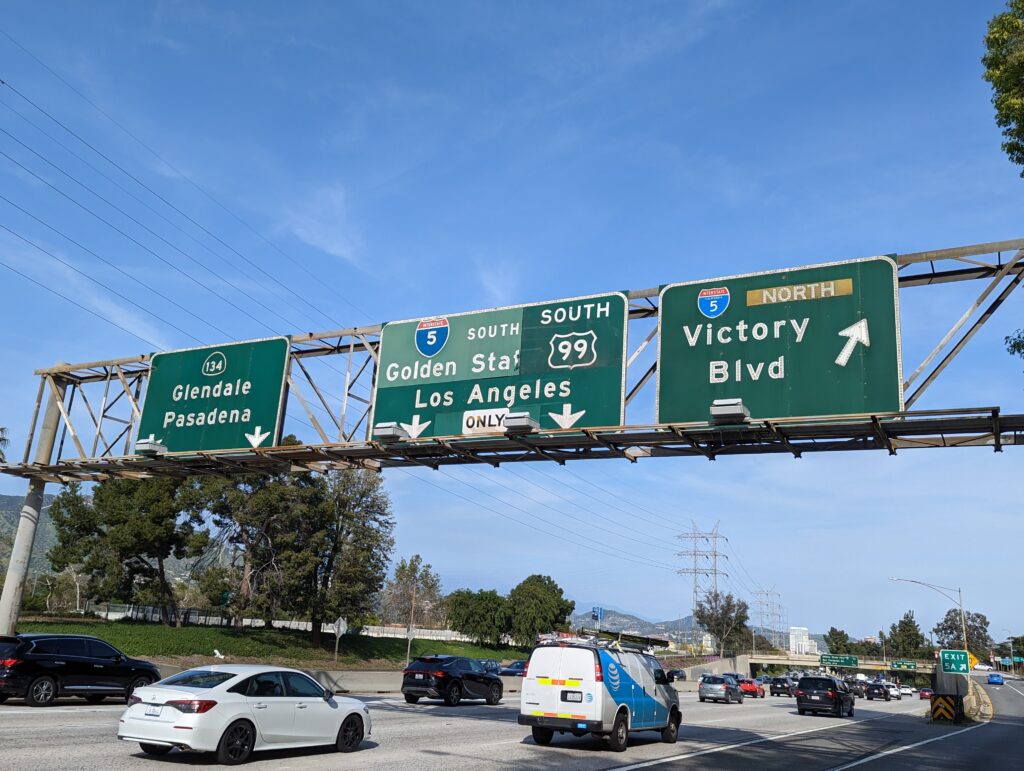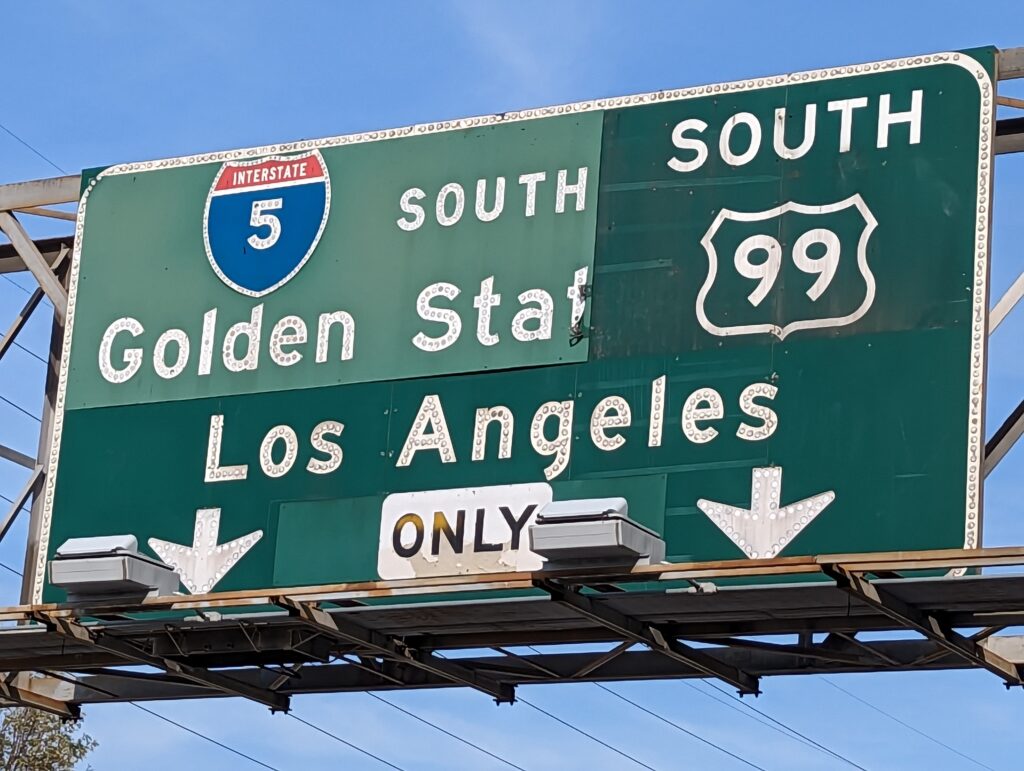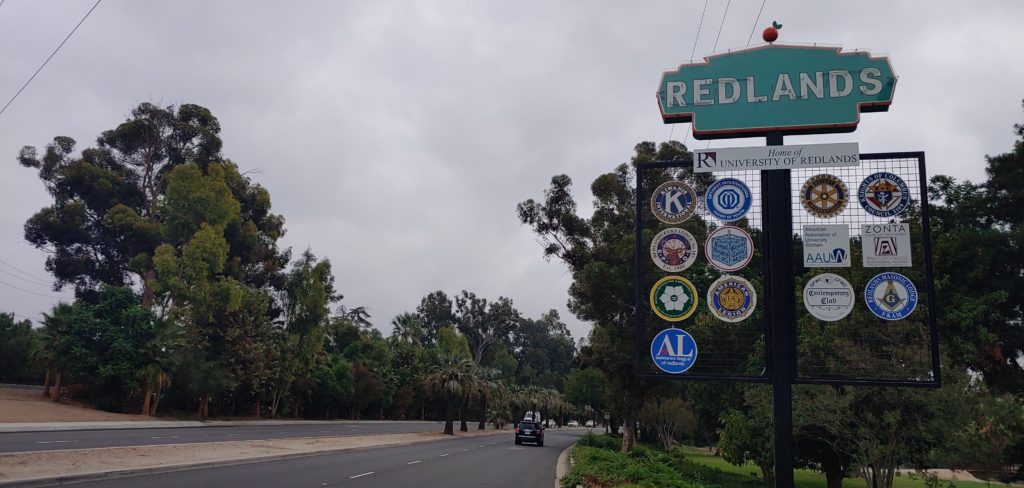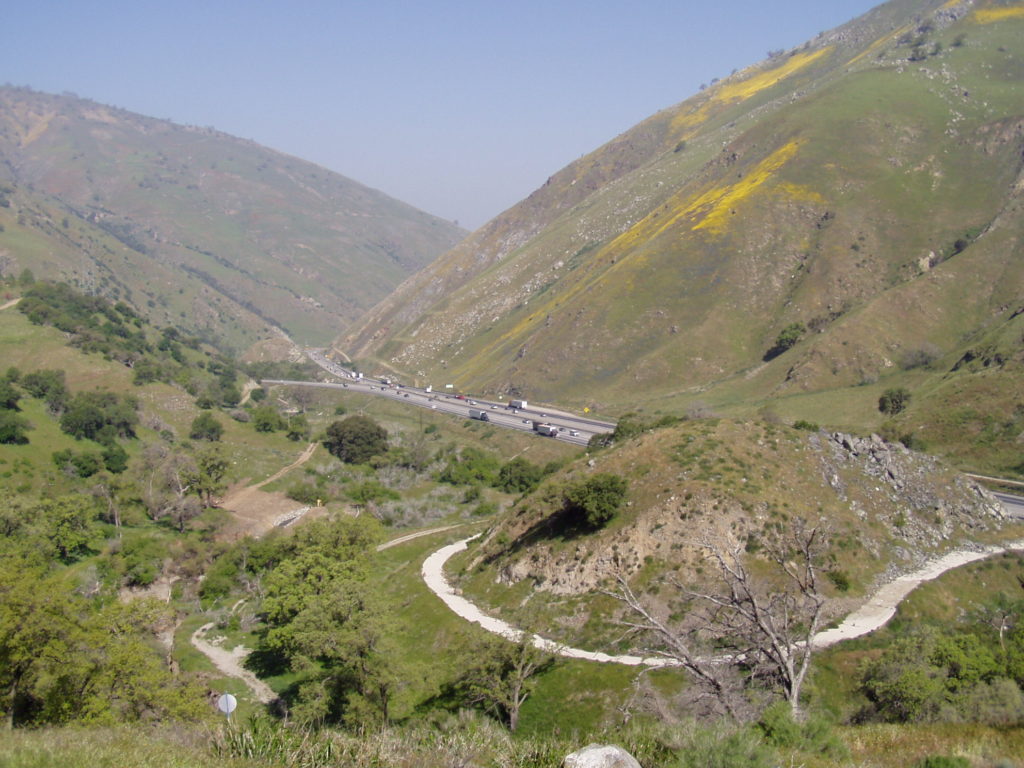Event announcement from the Ridge Route Preservation Organization. Please go to their website to sign up and get additional information.
We are planning our first CUTRR – Clean Up The Ridge Route – event to be held on May 20, 2023. The road has suffered through a lot this winter and it needs your help! Our work will concentrate on clearing drains of debris on the northern end between the Tumble Inn and Reservoir Summit. Due to conditions, we won’t be able to go over the entire roadway afterward as we have done in the past. Additionally, lower clearance vehicles are not recommended on the Ridge Route at this time.
Please RSVP so we can get a rough headcount before the event. We look forward to seeing you all out there!
For additional information on our CUTRR events:
CUTRR – Clean Up The Ridge Route
Clothing Requirements:
Please be in sturdy shoes, pants, and shirt. Hats and protective glasses are recommended depending on what work you’ll be performing.
Tools Needed:
Bring whatever tools you have to cut branches and clear debris. Supplies such as picks, shovels, rakes, pruning saws, pole pruners, mattocks, clippers, wheelbarrows, brooms, and other items may also be needed.
Meeting Location:
We will be meeting at the Gorman Carl’s Jr, 49669 Gorman Post Rd, Gorman, CA 93243, at 0800 hrs on May 20, 2023 and will be leaving by 0830 hrs.




